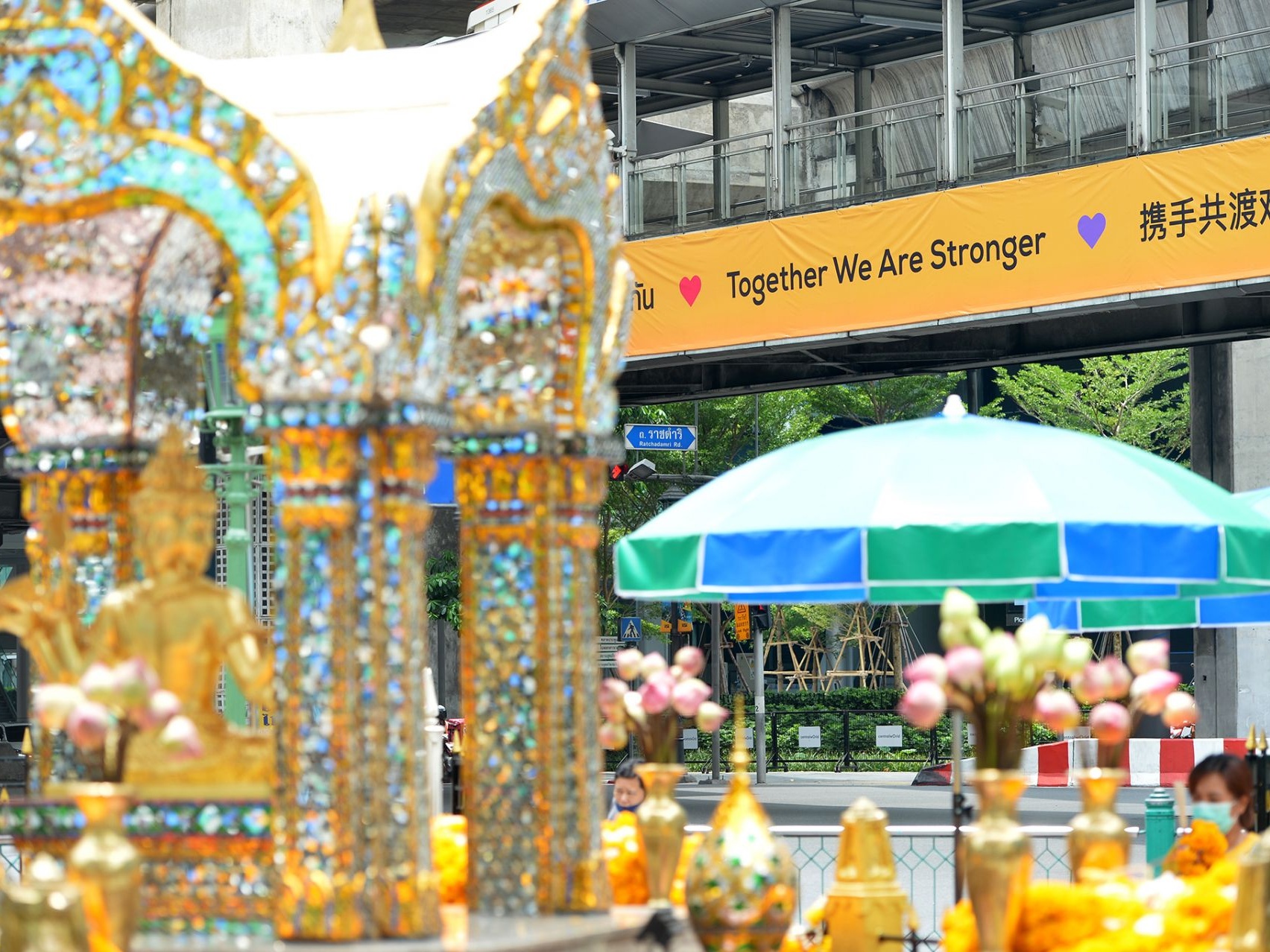InfoQuest (May 7, 2020) -- Mr. Wisit Limluecha, head of the food industry division under the Federation of Thai Industries (FTI) and chairman of the Thai Food Processors' Association, said in an online discussion entitled "The Way out for the Thai Food and Beverage Industry in the COVID-19 Crisis" that the way out for the industry is to maintain a resource advantage. This is because Thailand has an advantage over countries where 90 percent of food rely on imports and those importing 95 percent of their food because they cannot develop agriculture and husbandry. Especially during the current outbreak, it became clear that in the waiting period for therapeutic drugs, vaccines, ultimately all humans needed was to survive, not to contract the virus, and to have food supplies.
"The most important food currently is not high-value, expensive, creative one, but basic food and ready-to-cook food. Now that people are trying to tighten their belt because they have no confidence in the future, the application of innovative technologies in food and beverage production will be able to fully meet the basic needs and consumption of the global population. If businesses make self-adjustment quickly, they will seize the opportunity in the crisis and find the real way out for the industry, " said Mr. Wisit.
Mr. Wisit went on to say that the virus crisis has led to changes in products in the food and beverage industry. Instant food, canned seafood, canned fruit and sauces were among the products that grew well during home quarantine period as everyone tried to stock up on food for consumption. This is mainly due to the uncertainty of the government's lockdown measures and the differences in the policies implemented by different countries.
Thailand has huge advantages in the production of food and beverages, for which the raw materials can be produced at home, such as vegetables, fruits, livestock and seafood. Even if some raw materials need to be imported, the ratio is lower than domestic production. Under normal circumstances, Thailand's food and beverage consumption (including tourist consumption) is about 2 trillion baht per year, and the export value is 1 trillion baht.
However, at present, the decline of tourist number has led to the subsequent sales drop of hotel products and souvenirs. To solve the problem, enterprises and producers should shift to the production of products that better meet consumer demands, and reshape their marketing channels to deliver products to consumers in a more convenient and direct manner.
In terms of direct selling, it is very convenient to use e-commerce system and apps. What's more, COVID-19 has made people better know those new things. When everything returns to normal, people's consumption and purchase patterns will change. As such, enterprises have to follow closely technical trend and changes of consumer behaviors and re-package their products. They should also choose safe and sterile outer packing, which means well-preserved products, easy transportation, and customer satisfaction.
Enterprises and producers should shift themselves to enter the 4.0 era as soon as possible. They should use innovative and efficient machines, such as those empowered by AI and IoT. The current challenge is labor shrinkage caused by a low birth rate of domestic labor force and an aging population. The number of foreign labor forces has also dropped, caused by entry limitations amid the epidemic prevention and control. Against the backdrop, investments have flowed to many other countries in the region, which means more local jobs for those labor forces.
The good thing is that technologies and machinery have become cheaper and affordable for enterprises. Thailand mainly imports machinery from China, Japan and Germany, with a total proportion of about 50-70 percent. While solving the problem of labor shortage, those technologies and machinery can also enhance production efficiency and standards, boost output, and ensure safe and aseptic products, and help save energy and better control production costs to enhance competitiveness.
Source: InfoQuest, by Nisarat Wichiensri/ Sasithorn, translated by Xinhua Silk Road.
Notice: No person, organization and/or company shall disseminate or broadcast the above article on Xinhua Silk Road website without prior permission by Xinhua Silk Road.




 A single purchase
A single purchase









